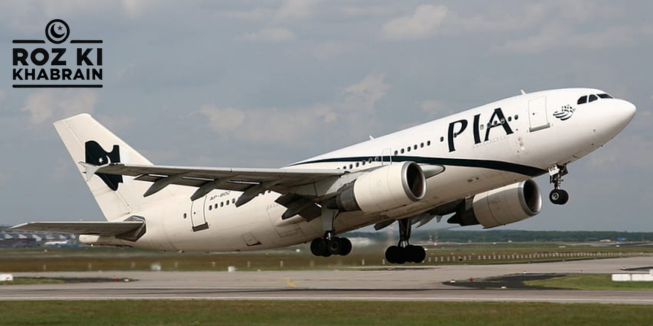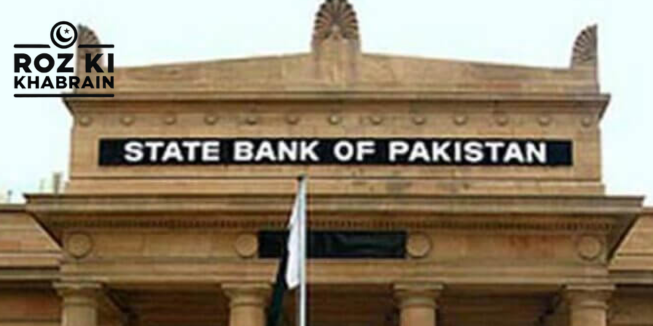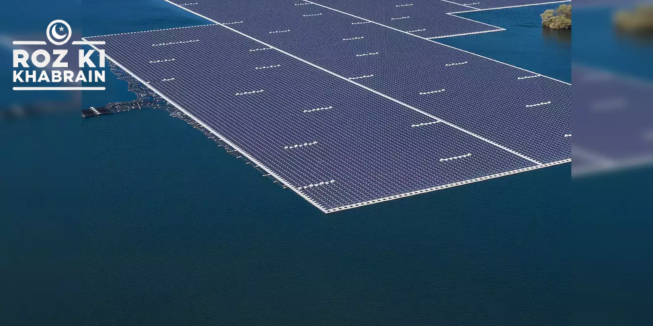ISLAMABAD: Pakistan’s recent attempt to privatize its struggling national airline fell apart on Thursday after the only bidder, Blue World City, declined to match the government’s minimum asking price of Rs85 billion ($304 million).
The sole bidder proposed Rs10 billion ($35.8 million) for a 60% stake in Pakistan International Airlines (PIA) but refused to negotiate further, stating, “We cannot offer more than that; the government should run this airline itself.” Rumors had circulated that the bidder was unwilling to pay any amount for the airline.
This marks Pakistan’s second failed attempt in a decade to privatize PIA, following a similar effort that ended prematurely in 2015. Despite a shaky start, the government proceeded, investing millions on financial advisors over the past year. “Interest was thin from the outset due to substantial conditions,” a senior Privatisation Commission official shared, adding, “But we continued, hoping for a favorable result.”
During Thursday’s auction, Blue World City initially proposed Rs10 billion, far below the government’s minimum reference price of Rs85.03 billion. The Privatisation Commission gave them a break to reconsider, but the bidder returned with the same offer, insisting, “We cannot offer more, and the government should handle the airline.”
Responding to The News about next steps, a senior Privatisation Commission official stated that the matter would go to the commission’s Board before being presented to the Cabinet Committee on Privatisation (CCoP), chaired by Deputy Prime Minister Ishaq Dar, for further review. A final decision is expected from the federal cabinet. Given the vast difference between the bid and the government’s price, officials predict the cabinet will reject the offer and consider whether to restart the privatization process.
The setback comes amid Pakistan’s pressure from the International Monetary Fund (IMF) to reform its fiscal policies. Under the IMF loan program, Pakistan pledged to privatize state-owned entities like PIA to stabilize the economy. Although the IMF had expected PIA’s sale to be finalized by September, the government extended the auction deadline multiple times—from August 14 to October 1, and then to October 31—highlighting low investor interest.
Initially, six groups showed interest in acquiring PIA, but five withdrew before the final stage, including Airblue Ltd, Fly Jinnah by Air Arabia, Arif Habib Corporation Ltd, Y B Holdings, and Pak Ethanol Pvt. These groups cited concerns over PIA’s debt load, exceeding Rs200 billion, and the significant upfront capital needed to modernize the airline’s fleet.
Prospective investors raised additional issues, including PIA’s aging fleet and the $500 million estimated cost to replace wide-body aircraft within two years. The airline’s loss of access to key international routes, notably in the US and Europe, also discouraged investor interest. These routes, suspended by the European Union Aviation Safety Agency due to safety issues, are essential to PIA’s profitability.
Pakistan’s open skies policy, allowing foreign airlines unrestricted access to domestic routes, added further competitive pressure on PIA. Additionally, the government’s stipulation to retain PIA staff for three years with pension obligations deterred investors, who view the airline as overstaffed.
As the federal cabinet reviews the outcome, officials believe restarting the privatization process may be necessary if the government intends to proceed with the sale. For now, PIA remains under state control, its financial struggles highlighting Pakistan’s broader economic challenges in pursuing fiscal reform.
The News Desk adds: Officials from three groups that opted not to bid told a British news agency on condition of anonymity that they were concerned about the government’s long-term commitment to agreements for the national airline.
One executive voiced concern over policy continuity with a potential change in government. The coalition government of Prime Minister Shehbaz Sharif relies on support from various political parties. Past governments have avoided privatizing PIA due to the potential layoffs involved, which could be highly unpopular.
Concerns over policy consistency and contract reliability were underscored by the government’s recent termination of power purchase agreements with five private companies and the renegotiation of other sovereign-backed contracts.
Amendments to Pakistan’s decade-old contracts with private IPPs, funded mainly by foreign lenders to resolve chronic power shortages, “increase investment and business risks in Pakistan, even with sovereign contracts and guarantees,” said Sakib Sherani, an economist with Macro Economic Insights. Additional issues raised by potential bidders included inconsistent government communication, unfavorable terms, industry taxes, and PIA’s legacy challenges and reputation.




